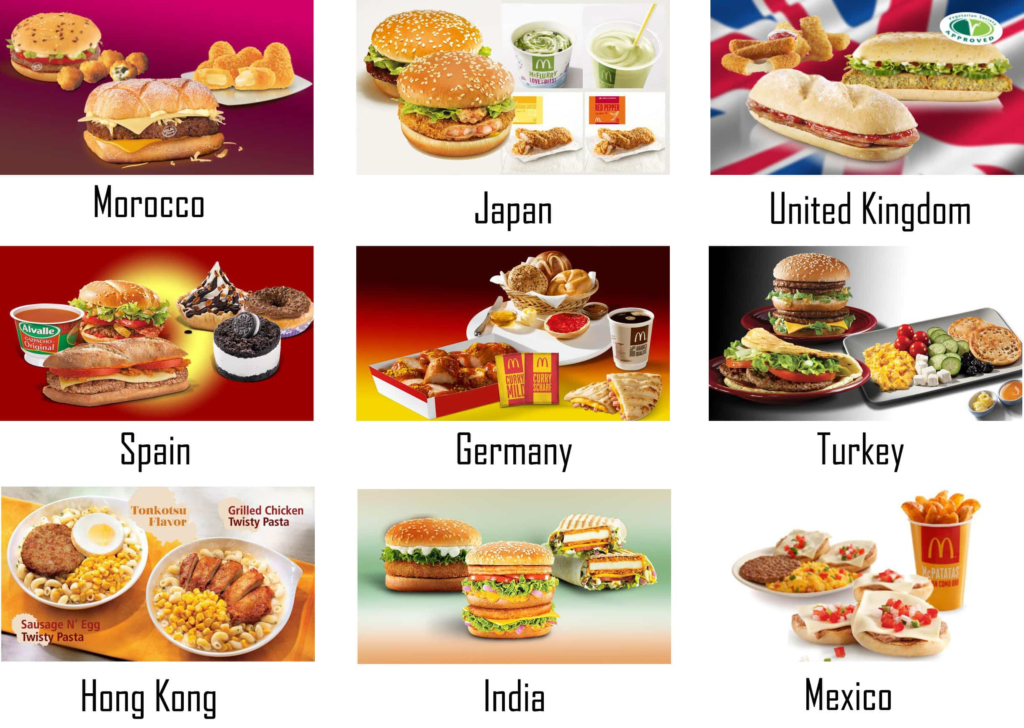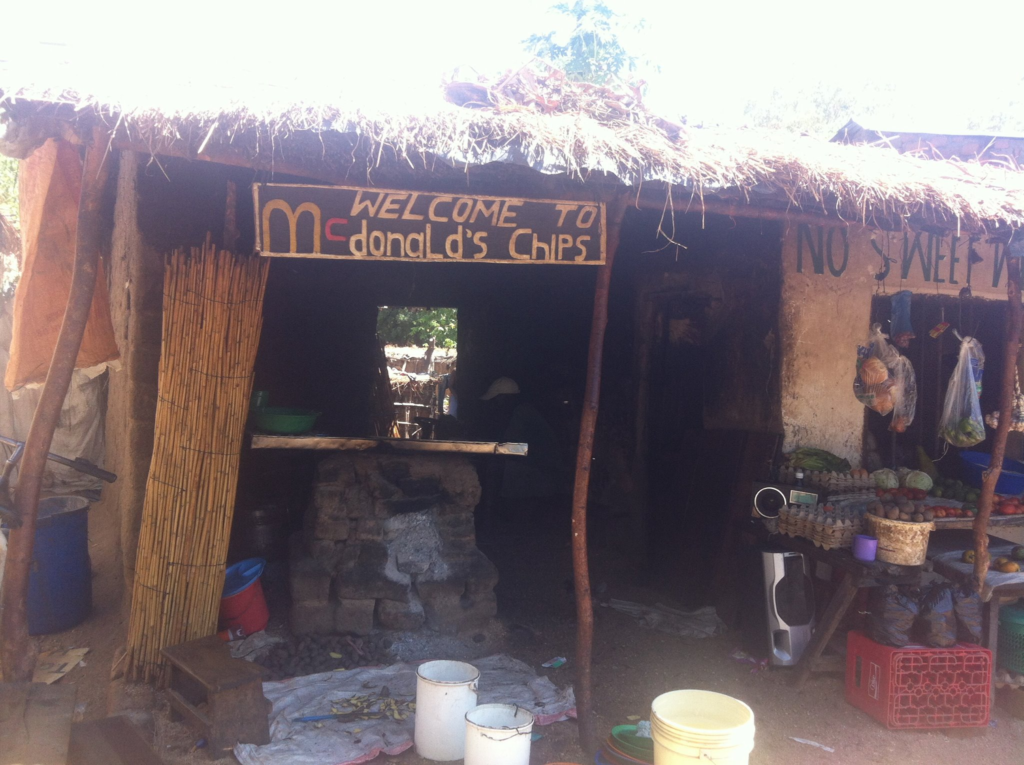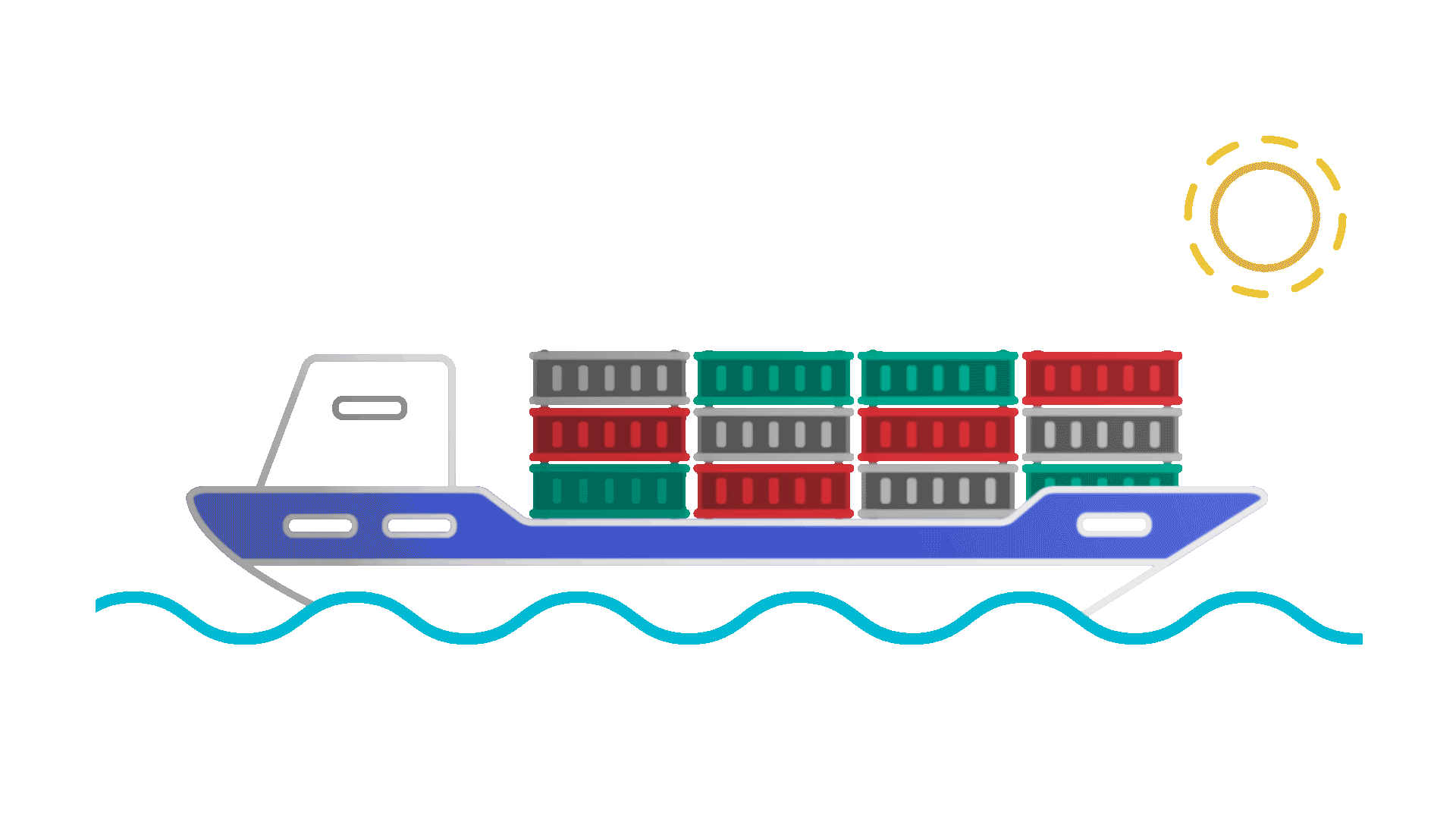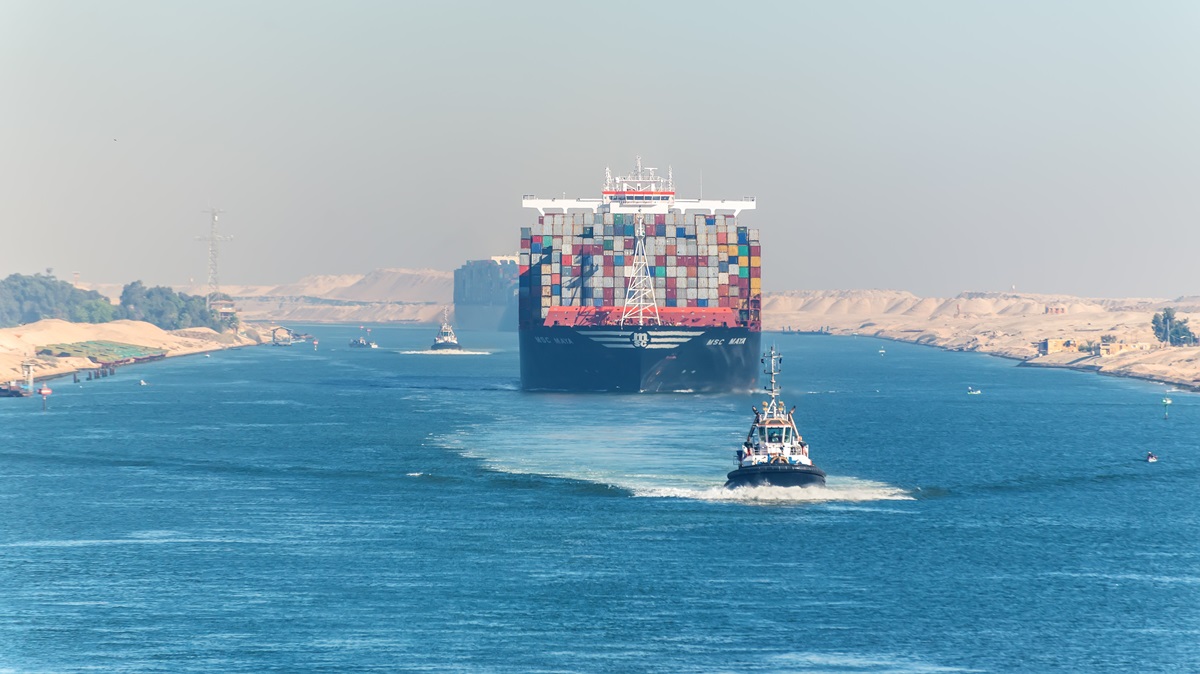Said El Mansour Cherkaoui Ph.D.
★ Senior Policy and Business Adviser ★ Consultant ★ News Executive Editor ★ Public Speaker ★
Dr. Said El Mansour Cherkaoui’s International Training Program:
Need to organize training sessions for your employees and workforce or lectures for your students, you can contact Dr. Said Cherkaoui at: saidcherkaoui24@gmail.com
Topic and Title of the Presentation:
Comparison of Marketing Practices and Procedures in the Western, Asian and Islamic Marketplaces and their Respective Cultural Environments.
Summary, Scope and Objectives:
In this Presentation, TRI CK USA will analyze and compare the Western, Asian and Islamic marketing and business strategies.
Drawing on our research into the role of global marketing, business and trade in formulating strategy for U.S., European and Asian companies, governmental agencies, academic institutions and professional services firms, TRI CK USA will address the failure and success in the definition, the design and the execution of global marketing strategies in regards to the local particularities within the regions we selected as representative of the Western, Asian and Islamic business practices and cultural characteristics.
TRI CK USA will also design models to compensate the lack of synergistic relationship between marketing and business strategies at the level of the adaptation and adjustment of the Market and Customer segments in relation to the Customer Lifetime Value, Customer Retention and Customer Relationship Management.
TRI CK USA will then provide a series of global recommendations focused on the localization and the customization of product issues, communication, organization structure, distribution, brand management and leadership to help international marketing “Gurus” to lead and to adopt strategy processes that can take in consideration the various local believes and practices.
In this presentation, TRI CK USA focuses on the gathering business information and indications, analyzing and processing the related data in business intelligence that can serve as inputs and vectors to the definition of strategies and feasibility studies or just case-study analysis.
Subsequently, my presentation is more than a show of PowerPoint slides, it is intended to be a powerful analytical tools, first-sight instruments and solid ressources made of practical and workable solutions that recommend and generate efficient environment scan, productive business intelligence and deep insight to be used in face fundamental challenges and transform international business opportunities and requirements into global success.

![]() Cutting the Ribbon for Inauguration with Introductory Notes:
Cutting the Ribbon for Inauguration with Introductory Notes:
The multinational and the global corporations have differentiated approaches and strategies seeking expansion in foreign countries and international market. The multinational corporations define their international strategies for pre-selected sets and number of countries with customized and adapted products and services in accordance to the local cultural and business conditions.
In today’s globalized economy, corporations operate with a certain level of assertiveness and consistency. They consider the emergence of global markets as a standardized consumer demand that leaves no room for customization of the product or the service. This is mainly because of the rise of technological and standardized consumer products that are easier to produce and distribute at a global level.
However, while applications and other digital services can be customized to some extent, the same is not applicable for physical products. This makes it challenging for corporations to cater to individual preferences and demands of consumers in different markets.
Despite this, globalization is encouraged as it offers real competitive advantages for global corporations in terms of economies of scale in production, logistics and distribution, marketing, and inventory control and quality management.
As a result, global corporations can produce goods at a lower cost and distribute them more efficiently to consumers worldwide.



McDonald’s Tastes and Shapes

Geographic Segmentation

The global fast-food giant, has successfully adapted its menu and business strategies to diverse cultures around the world. Let’s delve into how McDonald’s approaches local culture in Africa and beyond:
Adaptation and Innovation:

McDonald’s strategic approach supports cultural diversity.
By adjusting their offerings to local markets, they achieve a wider reach than their competitors12.

In Africa, this means incorporating flavors and ingredients that resonate with local tastes. For example:
Plantain-based sides in some African countries, reflecting local preferences.

- McAloo Tikki in India, a vegetarian burger with spiced potato patty.
- McChop in South Africa, featuring a grilled or fried chicken patty.
Respecting Cultural Differences:
McDonald’s adheres to each country’s policies and customs. They collaborate with local suppliers and source ingredients locally.
They celebrate cultural events through limited-time menu items. For instance, during Ramadan, they offer special meals in Muslim-majority countries.
By respecting cultural nuances, McDonald’s fosters goodwill and loyalty among diverse communities.
In summary, McDonald’s success lies in its ability to glocalize—combining global standards with local adaptation.



McArabia in the Middle East, a sandwich with grilled chicken or beef.
Within such considerations, TRI CK USA’s presentation is much more than a show of PowerPoint slides, it is intended to be a powerful analytical tools, first-sight instruments and solid ressources made of practical and workable solutions that recommend and generate efficient environment scan, productive business intelligence and deep insight to be used in face fundamental challenges and transform international business opportunities and requirements into global success.

Published by:
Dr. Said El Mansour Cherkaoui is a writer and a speaker with published works on entrepreneurship, marketing, business operations and economics, international trade, economic development, cultural awareness and international politics. He has provided training to Entrepreneurs and Officials from USA, China and Vietnam, as well as from Africa and Europe.
Similarly, Dr. Cherkaoui has been known to teach these subjects on executive programs at business schools and international trade organizations.
Said El Mansour Cherkaoui Ph.D.
★ Senior Policy and Business Adviser ★ Consultant ★ News Executive Editor ★ Public Speaker ★
Originally Published • 8y – December 29, 2015




